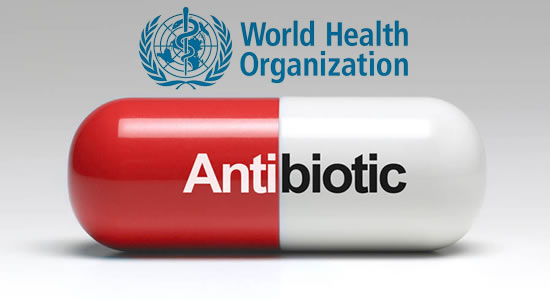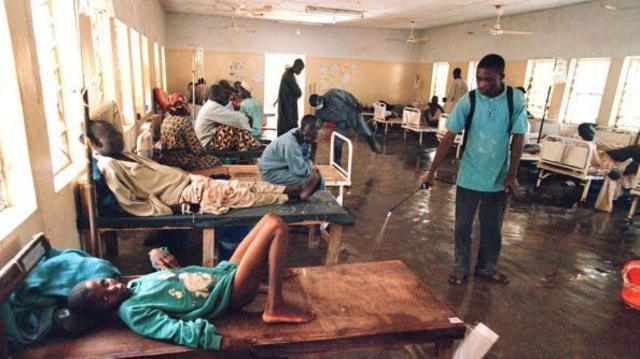The World Health Organization (WHO) first release of surveillance data on antibiotic resistance reveals a high level of resistance to antibiotics by a number of serious bacterial infections in both high- and low-income countries.
The report Global Antimicrobial Surveillance System (GLASS) published on WHO’s website, on Monday, reveals the widespread occurrence of antibiotic resistance among 500, 000 people with suspected bacterial infections across 22 countries.
According to the director of Antimicrobial Resistance Secretariat, WHO, Marc Sprenger, the report confirms the serious situation of antibiotic resistance worldwide.”
“Some of the world’s most common and potentially most dangerous infections are proving drug-resistant and most worrying of all, pathogens don’t respect national borders.
“That’s why WHO is encouraging all countries to set up good surveillance systems for detecting drug resistance that can provide data to this global system”, he added.
Among the most commonly reported resistant bacteria were Escherichia coli, Klebsiella pneumoniae, Staphylococcus aureus, Streptococcus pneumoniae, and Salmonella spp.
Among patients with suspected bloodstream infection, the percentage that had bacteria resistance to at least one of the most frequently used antibiotics ranged tremendously between different countries from zero to 82%.
Patients that exhibited resistance to penicillin (which has been used for decades around the globe to treat pneumonia) ranged between zero to 51% among reporting countries.
Antibiotic resistance occurs when bacteria change in some way that decreases or eliminates the effectiveness of drugs, chemicals, or other agents intended to cure or prevent infections. The bacteria survive and continue to multiply causing more harm.
Antibiotic resistance is accelerated by misuse of antibiotics, which is a major problem in Nigeria.
As at 2014, the O’Neill report estimated that about 10 million people will perish from Antimicrobial resistance, AMR, annually by 2050 if current trends continue. 40% of these deaths will occur in Africa.



















